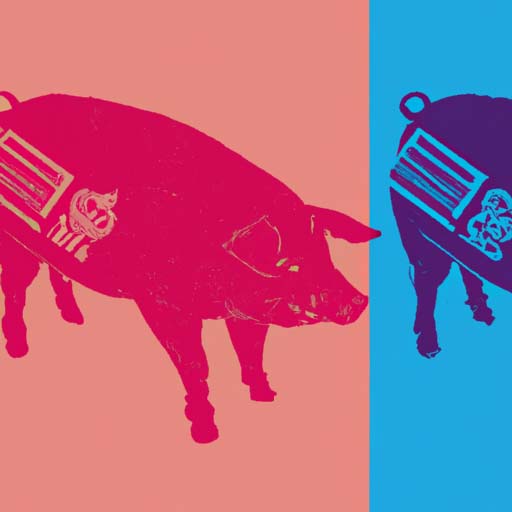Saudi Fintech Tamara achieves $1 billion valuation
Saudi fintech and payments startup Tamara has raised $340 million in a new funding round, led by the Saudi sovereign wealth fund and the country’s largest bank. This investment has propelled Tamara to a valuation of over $1 billion, making it Saudi Arabia’s first fintech unicorn.
Strong interest in future IPO
Despite a slowdown in Middle East venture capital deals, Tamara’s successful funding round indicates strong interest in its future IPO plans. The company provides “buy now, pay later” (BNPL) services and partners with over 30,000 merchants. It intends to use the fresh capital to expand its product portfolio beyond BNPL, into areas like digital banking and payments.
Growing appetite for IPOs in the Middle East
Tamara’s unicorn milestone and IPO ambitions reflect the rapid growth of fintech in Saudi Arabia. The country is aiming to nurture homegrown champions that can compete globally while transforming financial services. Other Saudi firms, such as e-commerce unicorn Tabby and flower delivery service Floward, are also preparing to go public as they scale up operations.
Emerging market IPOs on the rise
Over the last decade, there has been a surge in the quantity and proceeds of IPOs in emerging markets, largely driven by their faster economic expansion relative to developed countries. In 2023, these markets represented 77% of worldwide IPOs by number and 75% by value. Although IPO activities in Middle Eastern markets have declined, they still remain high compared to other countries.
Concerns about buy now, pay later sector
The significance of the BNPL sector was highlighted during the recent Thanksgiving holidays, and the upcoming Christmas season is expected to further demonstrate its popularity. However, there are concerns about increased delayed payments and potential financial burdens for consumers, especially when payment deadlines approach. Research shows that a significant portion of BNPL users are in a precarious financial state, with lower credit scores and unmet credit needs.



